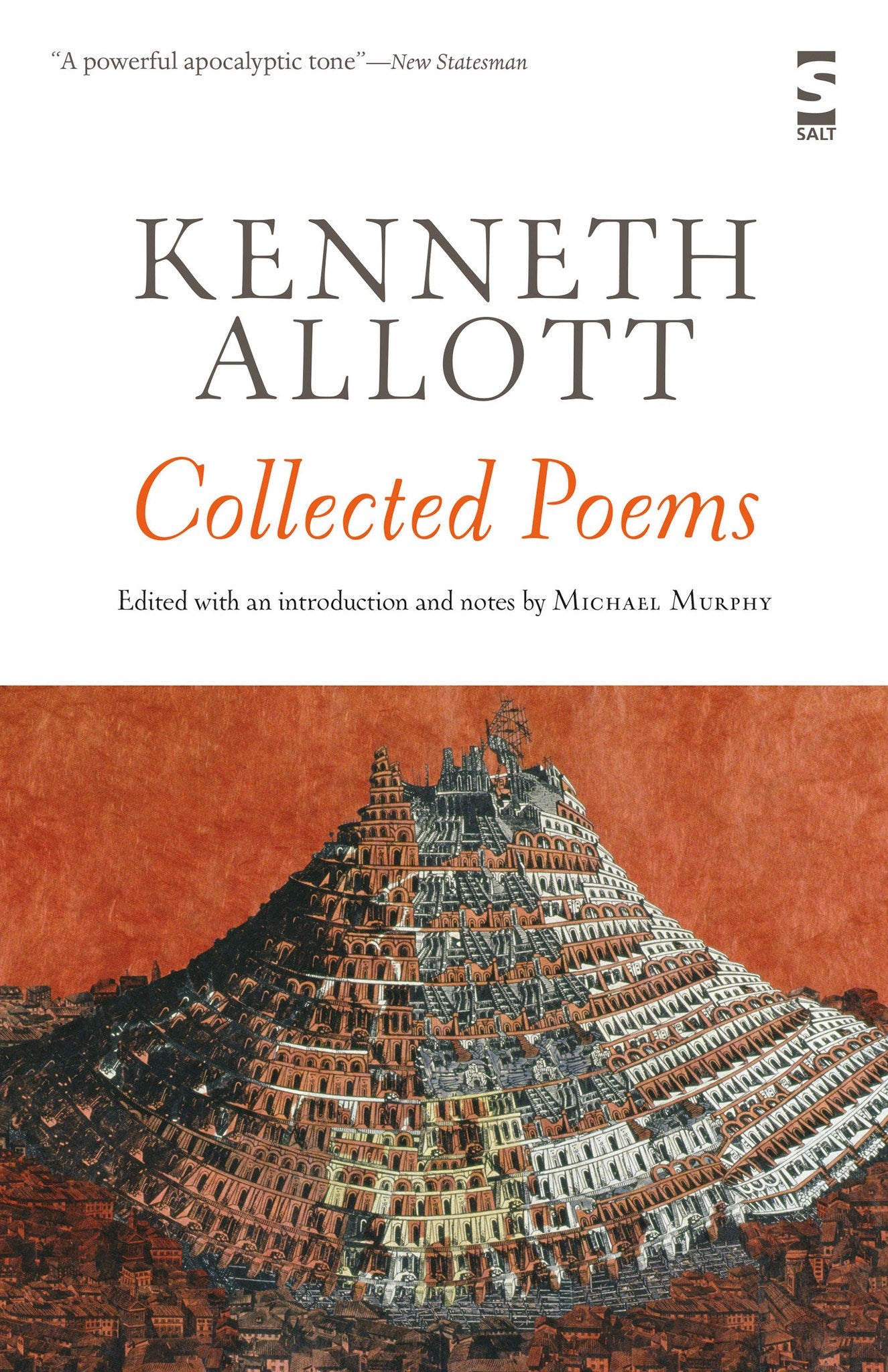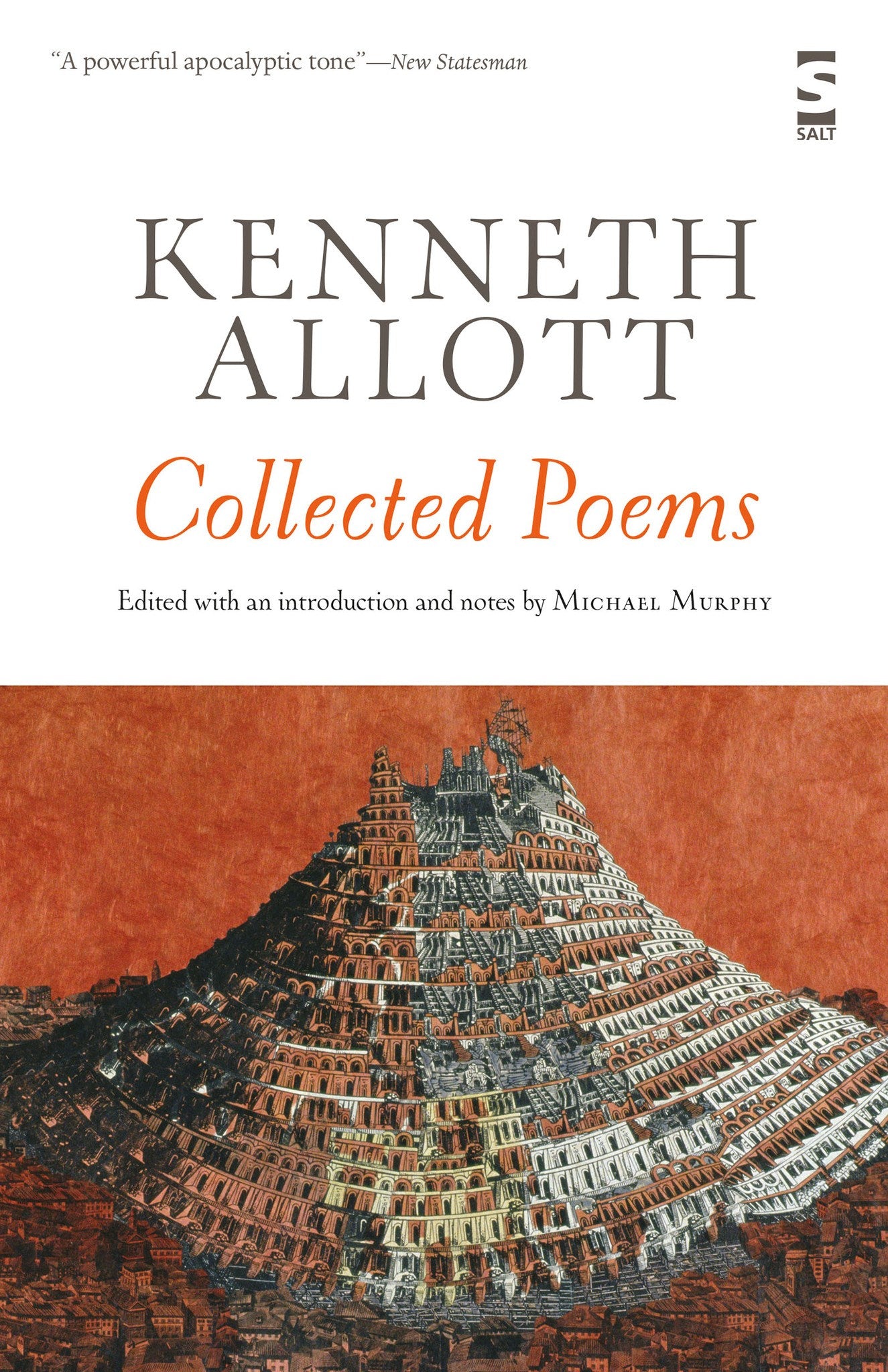Kenneth Allott
Collected Poems
Collected Poems
ISBN:9781844717293
Couldn't load pickup availability
Synopsis
Kenneth Allott was born in Glamorgan and educated in Newcastle and Oxford. Widely regarded as one of the most promising poets of the late Thirties, he published just two volumes in his lifetime, Poems (Hogarth Press, 1938) and The Ventriloquist’s Doll (The Cresset Press, 1942). A posthumous Collected Poems (Secker & Warburg, 1975) gathered his earlier publications with a selection of unpublished work, edited by Miriam Allott and Roy Fuller. In Michael Murphy’s new annotated edition of the Collected Poems all Allot’s previously published work is combined with eighteen new poems, some of which have only recently come to light, the whole collection is introduced and annotated by Murphy and now represents the most complete picture of one of the UK’s most compelling war time poets.
Allott held a position at Liverpool University from 1948 until the time of his death in 1973. Allott’s wife succeeded him as Chair in Modern English, and in 1978 established the Kenneth Allott Lecture in Poetry. This Collected Poems is published in 2008, the thirtieth anniversary of the Lecture and the year in which Liverpool is designated the European Capital of Culture.
Reviews of this Book
‘His amphibious intelligence, moving between creativity and scholarship, [makes me] think of him as an example of a man who proved how illusory was Yeats’ proffered choice between ‘perfection of the life or of the work.’’ —Seamus Heaney
‘A powerful apocalyptic ... tone predominates, yet identifiable fragments of late-Thirties society can still be discerned, churning around in the echo-chamber of Allott’s imagination ... at which moments the effect is something like MacNeice’s bagpipe music rescored for cellos and muffled drums.’ —Russell Davies
‘His poetry [is] original and personal in a way rare among young poets in any period but perhaps particularly in the 1930s. [F]ew poets in this century have written consistently with such wit and feeling, such natural elegance and style.’ —Julian Symons
Product Details
Extent: 200pp
Format: Paperback
Publication Date: 06-Jun-09
Publication Status: Active
Series: Salt Modern Poets
Subject: Poetry by individual poets
Trim Size: 216 x 140mm


